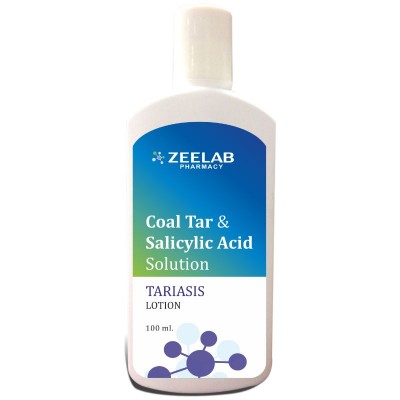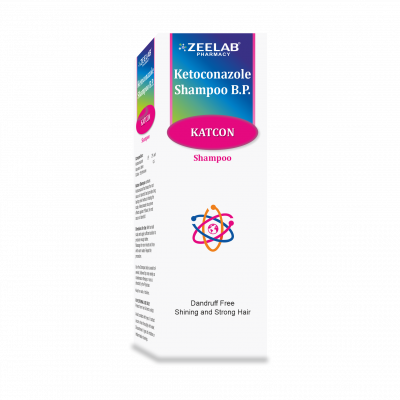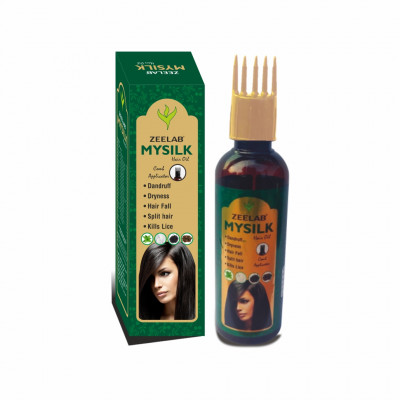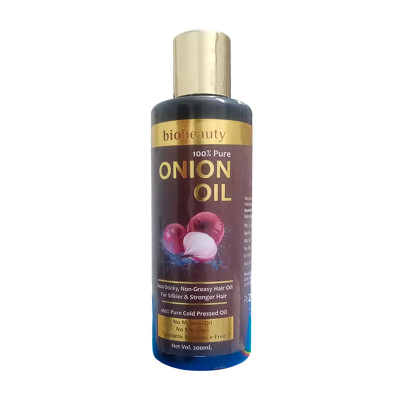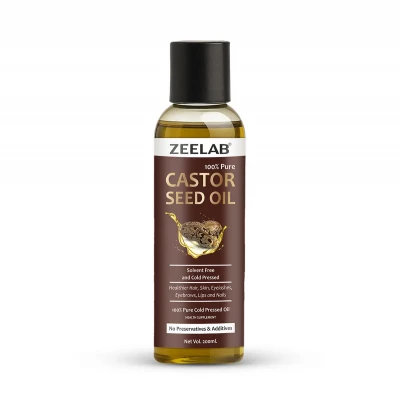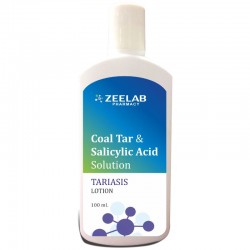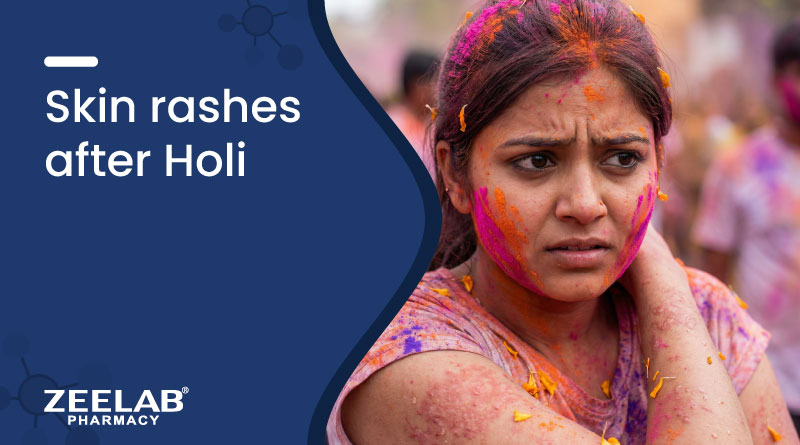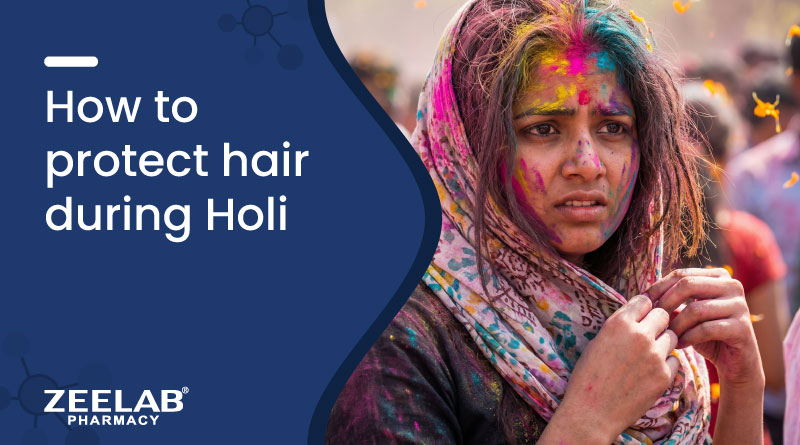Dandruff vs Dry Scalp | Key Differences & Treatment Tips
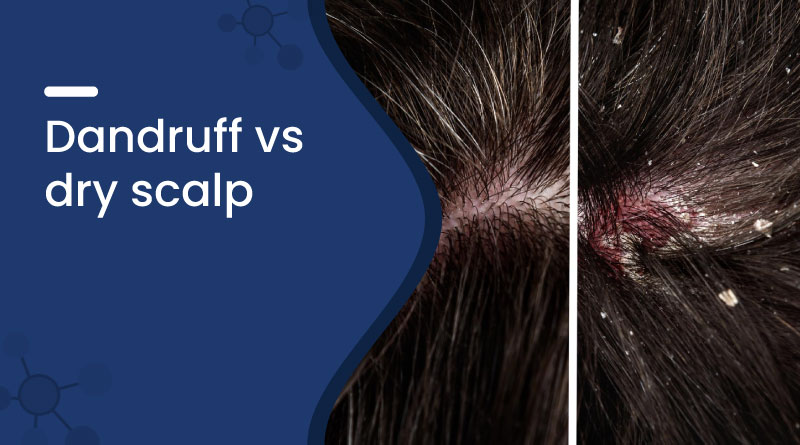

Dandruff and dry scalp both cause flaking, but have different causes. Dandruff is caused by an overgrowth of yeast on the scalp, leading to oily flakes and itchiness. In contrast, dry scalp results from a lack of moisture, causing small, dry flakes and tightness. While dandruff flakes are larger and yellowish, dry scalp flakes are usually smaller and white. Treatment differs: dandruff often needs medicated shampoos, whereas dry scalp benefits from moisturizing and gentle care.
How to Identify Which One You Own?
To identify if you have dandruff or a dry scalp, check the flakes and symptoms. Dandruff causes larger, oily, yellowish flakes with itchiness and possible redness. Dry scalp produces small, white, dry flakes with tightness or roughness but no oiliness. Dandruff often needs medicated treatment, while dry scalp improves with moisturizing and gentle care.
Dandruff vs Dry Scalp: Key Differences
| Symptoms | Dandruff | Dry Scalp |
|---|---|---|
| Flaking | White or yellow flakes fall from the scalp | Small, dry flakes, skin feels tight |
| Itching | Persistent itching caused by fungal irritation | Itching from dryness, the scalp feels rough |
| Scalp oiliness | The scalp is often oily with greasy flakes | The scalp is dry with little to no oil |
| Inflammation | Scalp redness and inflammation can appear | Usually, no redness, just dryness present |
| Cause | Caused by the yeast or fungal growth | Caused by lack of moisture in the scalp |
| Appearance | Flakes are larger, oily, and clump on hair | Flakes are smaller, powdery, dry, and loose |
| Hair texture | Hair may feel greasy and heavy | Hair feels brittle and rough to touch |
| Seasonal change | Worse in winter or humid weather | Worse during cold, dry seasons |
| Treatment | Requires antifungal shampoos for relief | Requires moisturizing shampoos and conditioners |
| Skin condition | Associated with seborrheic dermatitis is often | Usually, no underlying skin disease is present |
| Scalp discomfort | Can cause soreness or burning sensations | Mild discomfort, mostly due to dryness |
| Spread | May spread beyond the scalp to the face | Limited to the scalp, not spreading widely |
| Duration | Long-lasting, comes and goes. Temporary condition improves with hydration | Underlying factors Linked to cold weather, dehydration, and harsh shampoo |
| Underlying factors | Linked to oily skin, stress, and diet | Linked to cold weather, dehydration, and harsh shampoo |
When To See A Doctor?
- Persistent pain or symptoms lasting more than two weeks
- Sudden, severe headache, unlike previous experiences
- Unexplained weight loss or constant fatigue
- High fever not improving with home care
- Difficulty breathing or chest pain
- Vision changes or sudden loss of vision
- Uncontrolled bleeding or frequent bruising
- Severe allergic reaction with swelling or rash
General Methods For Treating Dandruff vs Dry Scalp
| Methods | Explanation |
|---|---|
| Scalp Hygiene | A clean scalp prevents oil, flakes, and irritation. |
| Moisturization | Hydration reduces dryness and flaking of scalp skin. |
| Product Choice | Wrong products can worsen flakes or dryness. |
| Diet & Hydration | A healthy diet supports scalp health and oil balance. |
| Stress Management | Stress can trigger flare-ups of dandruff or dryness. |
| Temperature Control | Extreme heat or cold can damage scalp health. |
Different Hair Care Treatment Products For Dandruff & Dry Scalp
Tariasis Anti-Dandruff Scalp Lotion
- Benefits: Reduces scalp scaling, flaking, itching, and irritation; treats psoriasis, dandruff, and dermatitis; promotes a healthier scalp.
- How To Use: Apply to affected scalp, massage gently, leave as instructed, rinse thoroughly, use once or twice daily.
Katcon Ketoconazole 2% Shampoo
- Benefits: Treats dandruff, reduces itching and inflammation, fights fungal infections, promotes a cleaner, healthier scalp, and nourishes hair gently.
- How To Use: Apply shampoo on the wet hair, massage gently, leave for 3-5 min, and wash thoroughly with water.
NatureXprt Mysilk Hair Oil
- Benefits: Fights dandruff, hydrates dry scalp, repairs damage, and restores shine.
- How To Use: Apply oil to scalp and hair, massage for 5–10 minutes, leave overnight, rinse, use 2–3 times weekly.
ZEELAB Onion Oil
- Benefits: Strengthens hair, hydrates scalp, fights dandruff, prevents infections, and reduces itchiness.
- How To Use: Massage onion oil into scalp, keep for 2–3 hours or overnight, wash, and use weekly.
Castor Seed Oil 200ml
- Benefits: Castor seed oil fights dandruff, prevents scalp infections, deeply moisturizes, reduces dryness, and promotes healthier hair.
- How To Use: Apply oil to scalp, massage gently, leave overnight or few hours, then wash thoroughly with shampoo.
Keep Your Scalp Healthy
Maintaining a healthy scalp requires balanced hygiene, gentle products, and proper hydration. Wash regularly but avoid harsh shampoos. Eat healthy foods and stay hydrated. Manage stress to prevent flare-ups. Protect your scalp from extreme weather. Regularly moisturize if dry, and treat dandruff promptly with medicated shampoos to maintain comfort and prevent irritation.
Can a dry scalp and dandruff be completely cured?
Dry scalp can often be fully resolved by addressing underlying causes like dehydration, harsh products, or weather. Dandruff, caused by fungal overgrowth, can be controlled but may return if triggers persist. Consistent care, medicated shampoos, and lifestyle adjustments keep symptoms minimal. While dandruff may not be permanently cured, it can be effectively managed for long-term comfort.
Final Thoughts:
Though dandruff and dry scalp appear alike, their causes and treatments differ. Dandruff results from excess oil and yeast growth, producing oily, flaky scales. Dry scalp occurs when moisture is lacking, creating small flakes. Knowing the cause helps choose the right care—moisturizers for dryness, medicated shampoos for dandruff—for a healthier scalp.
Frequently Asked Questions (FAQs)
Q: Is dandruff the same as dry scalp?
A: No. Dandruff involves excess oil and flaking; dry scalp results from insufficient moisture and irritation.
Q: Which occurs more often—dandruff or dry scalp?
A: Dandruff is generally more common, but dry scalp can occur often in cold, dry climates.
Q: Can dandruff and dry scalp happen at the same time?
A: Yes. You can have oily flakes from dandruff alongside itchiness and dryness from dry scalp.
Q: What causes dandruff most often?
A: Overgrowth of Malassezia yeast, excess scalp oil, and inflammation are common causes of dandruff.
Q: What causes dry scalp most often?
A: Cold weather, harsh shampoos, dehydration, and skin conditions like eczema can cause dry scalp.
Q: How do treatments differ between dandruff and dry scalp?
A: Dandruff responds to medicated shampoos; dry scalp benefits from moisturizing products and gentle cleansing.
Coal Tar Solution (4.25% w/w) + Salicylic Acid (2% w/w)
100 ml in 1 bottle
Recent Blogs
Disclaimer : Zeelab Pharmacy provides health information for knowledge only. Do not self-medicate. Always consult a qualified doctor before starting, stopping, or changing any medicine or treatment.
Related Products
Need Medicines Quick?
Share location to check quick delivery serviceability.
Change Location
Location Access Needed
Your location appears to be blocked or disabled.
Please enable the location from your browser or
device settings.

₹ 0
0
Items added
Quick Links
Categories
Our Policies
2026 Copyright By © Zeelab Pharmacy Private Limited. All Rights Reserved
Our Payment Partners

 Added!
Added!
|
|

